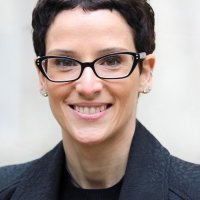Brazil’s Presidential Election: An Early Assessment of the Outcome and its Political, Economic and Foreign Policy Implications
More than eighty percent of Brazil’s 142.5 million registered voters are expected to return to the polls this Sunday, October 26th, for the second and final round of a hard fought and largely negative presidential campaign marked by tragedy, a slowing economy, dramatic swings in voter attitudes, and a major corruption scandal involving state oil company Petrobras.
After a fourth and final nationally televised debate on Friday the 17th between President Dilma Rousseff, of the Workers' Party (PT), and Senator Aécio Neves, of the Social Democratic Party (PSDB), voters will decide to either extend the twelve-year rule of the PT or turn the country in a new direction. Although a Datafolha poll released on Monday, October 20th saw Rousseff ahead for the first time in second-round polling, with 52% of the valid votes against 48% for Neves, polls were notoriously off the mark in the run-up to the October 5th first round of voting, making the election hard to predict.
On Monday, October 27th, the Brazil Institute will convene a panel to discuss the results of the final round elections and their implications.
Original photos courtesy of Flickr users Aécio Neves Presidente and Airton Morassi. Photo editing done by Layne Vandenberg.
Speakers



Professor, School of International Service, American University, and former Brazil Institute Fellow

Hosted By

Brazil Institute
The Brazil Institute—the only country-specific policy institution focused on Brazil in Washington—aims to deepen understanding of Brazil’s complex landscape and strengthen relations between Brazilian and US institutions across all sectors. Read more
